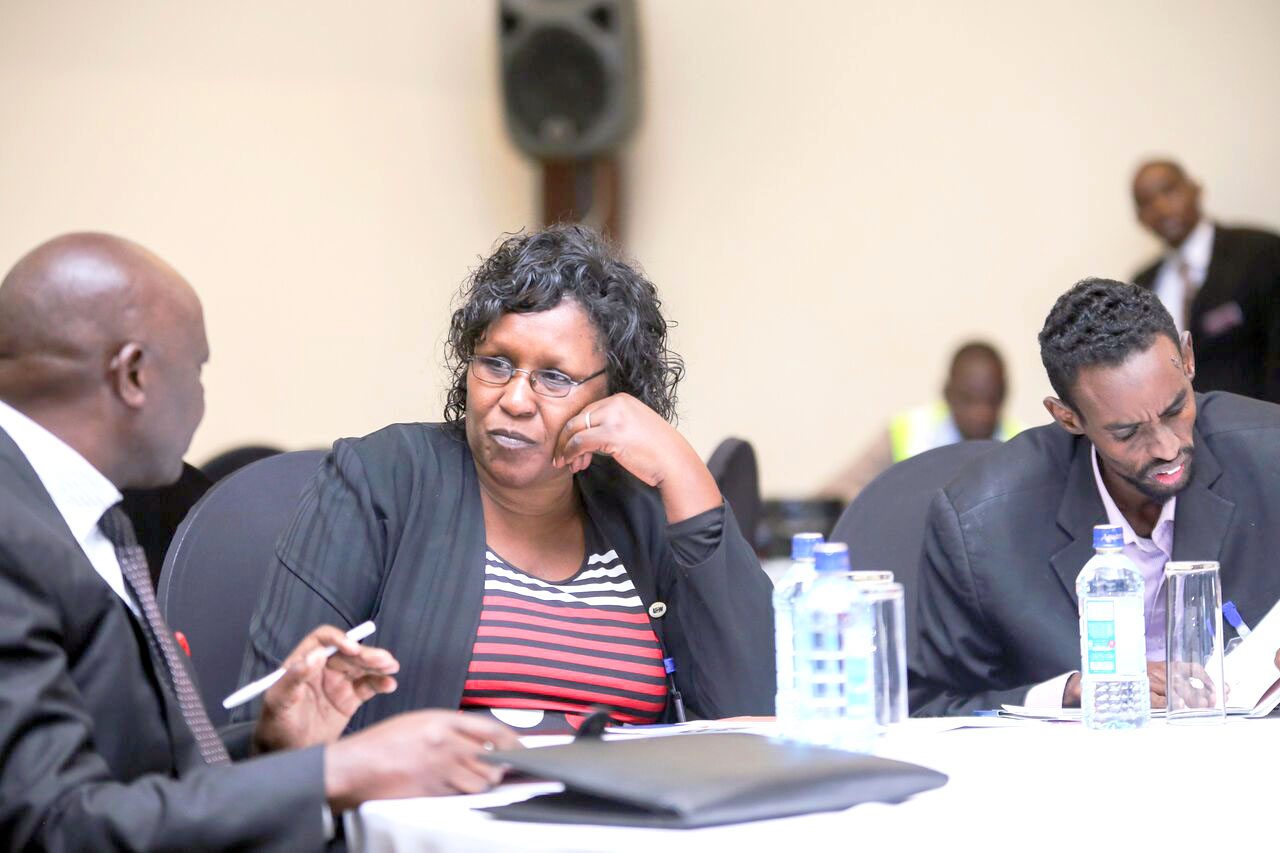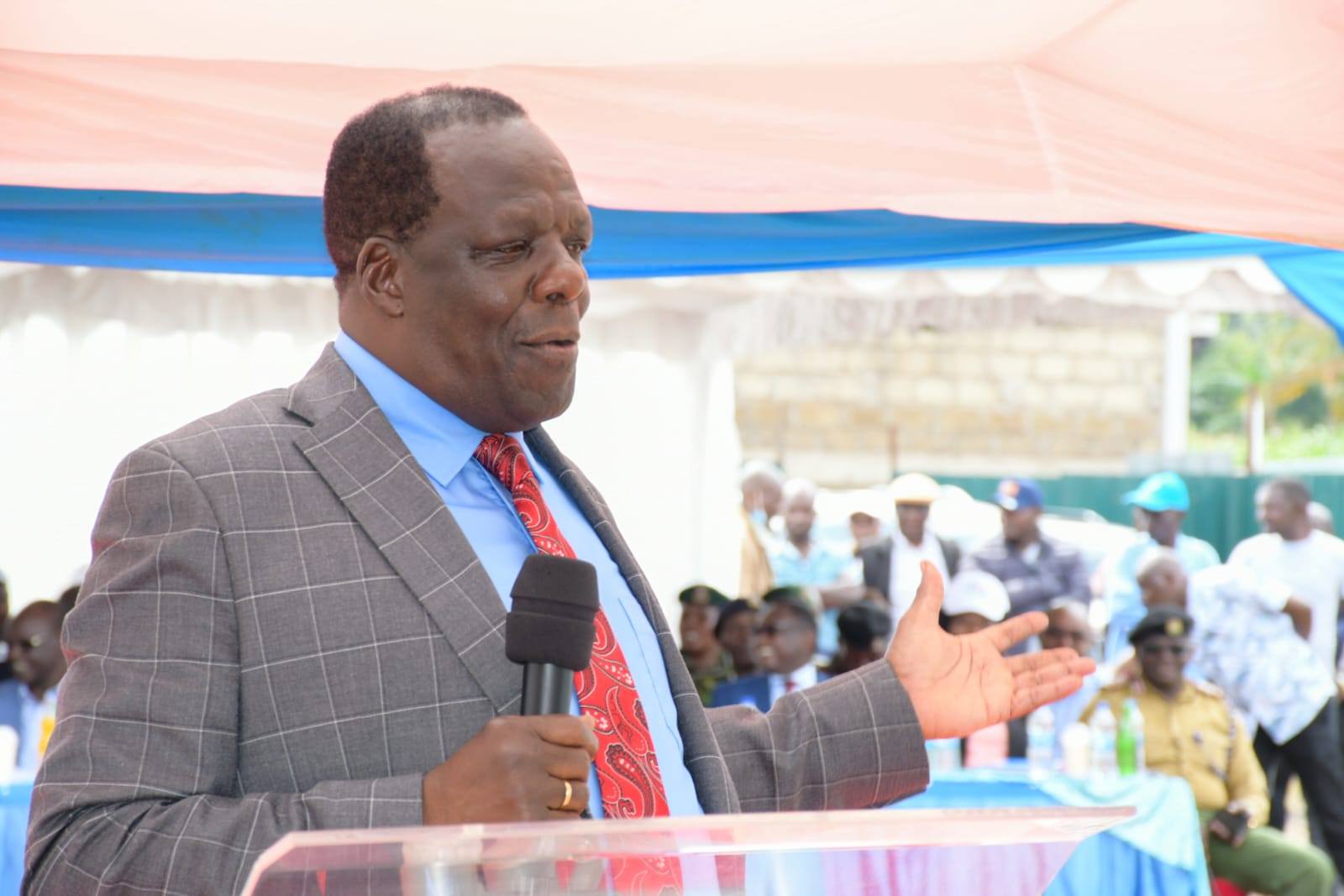By Azael Masese
Agriculture-based deposit-taking Saccos have expressed optimism that reforms in the agriculture sector remain critical in improving their performances.
The CEOs of these Saccos mostly agree that it is only reforms that would improve crop yields, hence assure farmers of having enough to eat and sell the surplus to generate income.
Kenya Highlands Sacco CEO Alice Kosgey said only restructuring in the sector can assure farmers of increased savings through Cooperatives.
“Agriculture-based deposit-taking Saccos are performing poorly compared to teacher or government-based ones due to price fluctuations and poor crop yields,” she said.
This, she stated, can only be improved through reforms in the sector to assure farmers of a stable income to be channeled to Saccos.
“There are huge tracts of land in some parts of the Rift Valley and if the right support is in place, the sector can propel the Saccos into greater heights,” she said.
Unlike other economies which treat agriculture as serious business, Kenya is yet to reckon its importance.
Since this is where majority of the population depends on, improving it will also translate to increased national saving rates, which stands at an average of 15 per cent, way below its neighbouring Uganda and Tanzania, and Africa’s average of 17 per cent.
According to the Sacco Supervision Annual Report, 2020, the 49 farmer-based DT-Saccos accounted for 41.93 per cent of the total members.
Whereas these Saccos controlled the largest chunk of membership, the same is not true with their market share for total assets and total deposits, which was reported as a paltry 10.20 per cent and 9.87 per cent respectively in 2020.
The report indicated that the 37 government-based and the 43 teachers DT-Saccos control the largest market share of both the total assets and total deposits.
Whereas these two clusters accounted for less than a half of all the DT-Saccos, their aggregate respective share of the total assets and total deposits stood at 73.47 per cent and 73.12 per cent respectively.
It can be argued that though government and teacher DT Saccos have a reliable source of income, it has been said that agriculture is the country’s economic mainstay.
While presiding over the 100th Ushirika Day celebrations at KICC, President Uhuru Kenyatta said the reforms undertaken have improved crop yields and stabilized their prices.
He identified coffee, dairy and the cotton sectors where the reforms have borne fruit.
The President cited the revival of the Kenya Planters Cooperative Union (KPCU) as one of the reforms the government has undertaken to benefit coffee farmers.
“The benefits of the New KPCU are already noticeable as it charges farmers USD40 per ton of milled coffee as compared to USD65 per ton charged for the same services by private millers,” he said.
President Kenyatta added that coffee farmers’ incomes have increased from an average of Ksh35 per kilo to over Ksh80 per kilo of cherry over the same period.
Another key beneficiary is the New Kenya Cooperative Creameries (New KCC) factories across the country, leading to a steady growth in the number of dairy co-operatives.
“This initiative has had a positive socio-economic impact in the dairy sector through the stabilization of milk prices at farmer and consumer levels due to efficient processing and packaging capabilities. Moreover, with its increased processing capacity, the New KCC has been enabled to take up excess milk from farmers, thereby averting losses at farm level and providing a much-needed ready market for their produce,” he said.
Wakenya Pamoja Sacco CEO Isaac Omwenga hopes that any improved and stable income for farmers will significantly boost their savings and by extension the asset base.
“Majority of our members are coffee farmers and any reforms aimed at improving the crop yield and income will translate into improved investments,” he said.
Omwenga said farmers’ incomes are low and with the unstable prices, they have little to invest hence the lower asset bases and deposits compared to government and teacher-based deposit-taking Saccos.
Ndege Chai Sacco CEO Wesley Ng’eno regretted that despite data indicating that agriculture is Kenya’s economic mainstay, farmers are struggling to put food on the table.

Ng’eno said that farmers who have taken loans from their respective Saccos find it difficult to repay, adding that this is where one can have the highest number of loan defaulters.
“If restructuring of the agricultural sector is done well, farmers will have enough to eat and the income from the surplus can form their safety net,” he said.
He said there is need for policy makers and other stakeholders to strike equilibrium where supply meets demand and look for ways to improve further.



